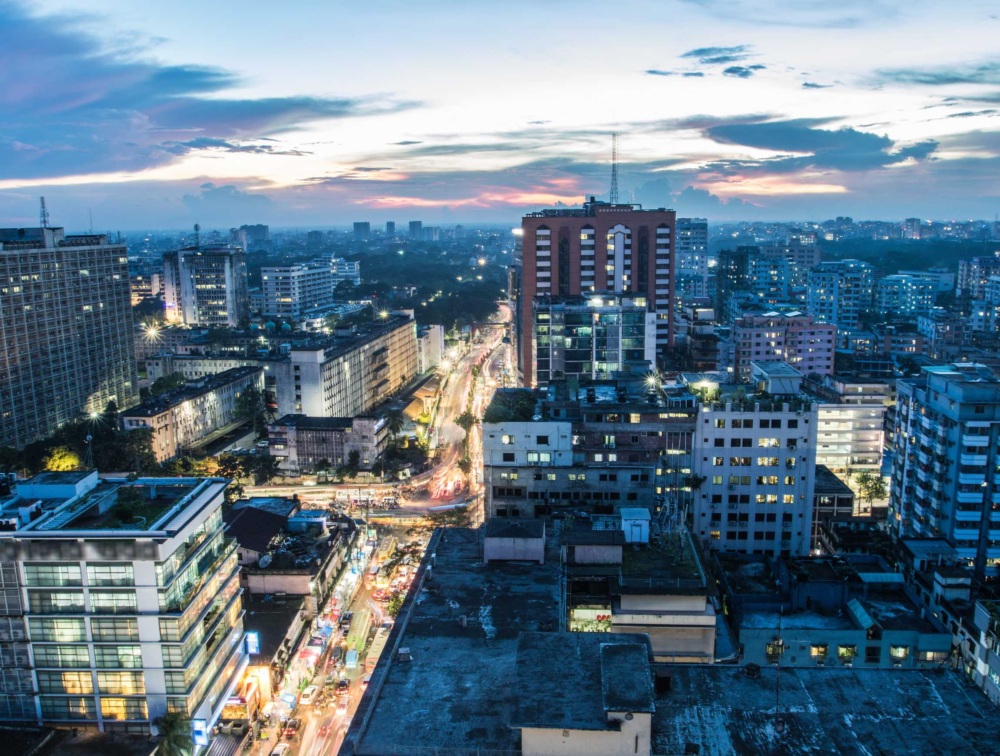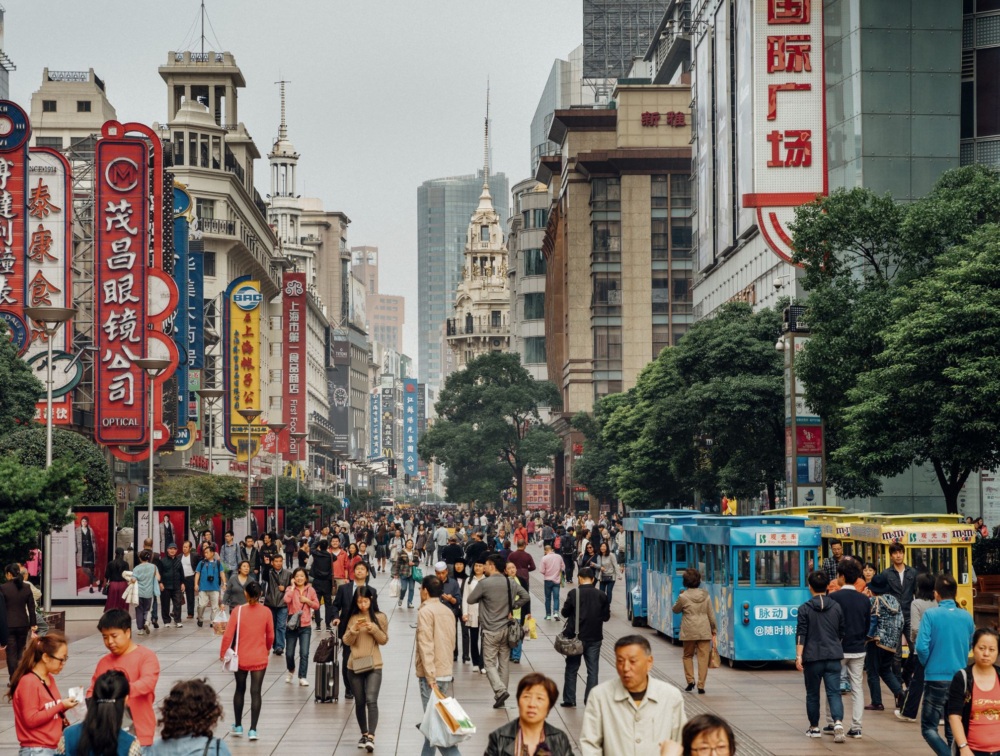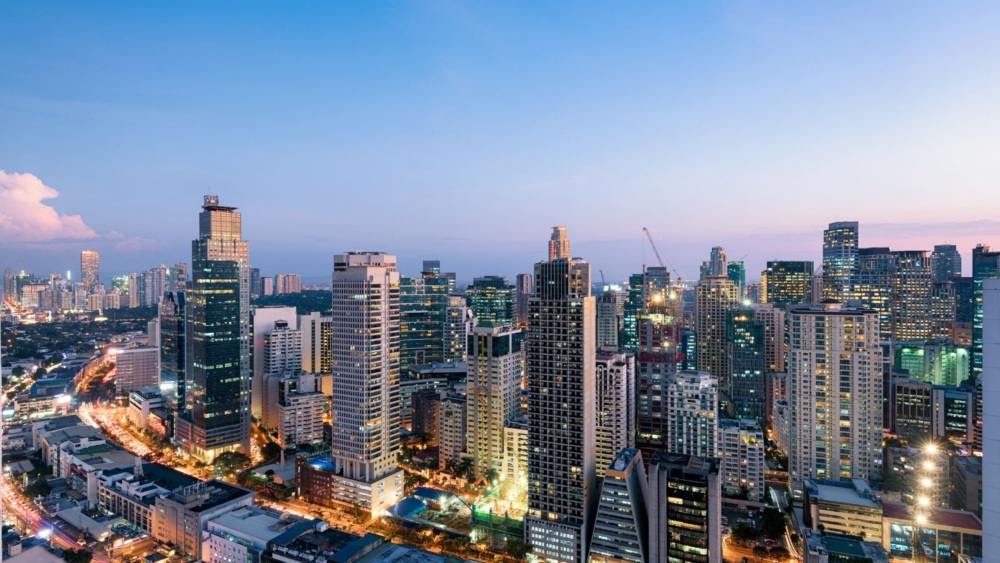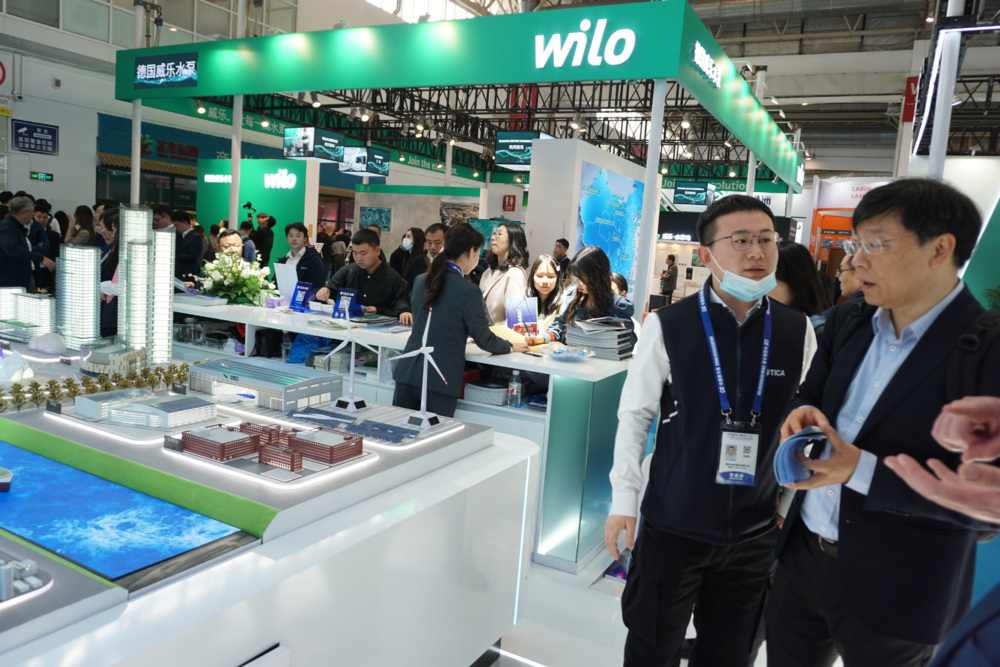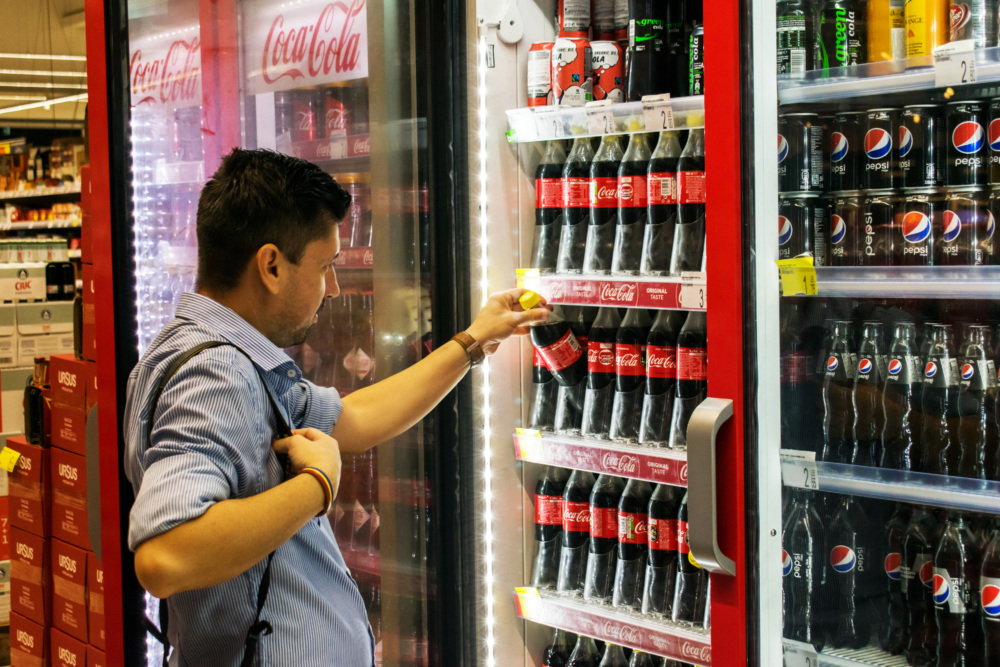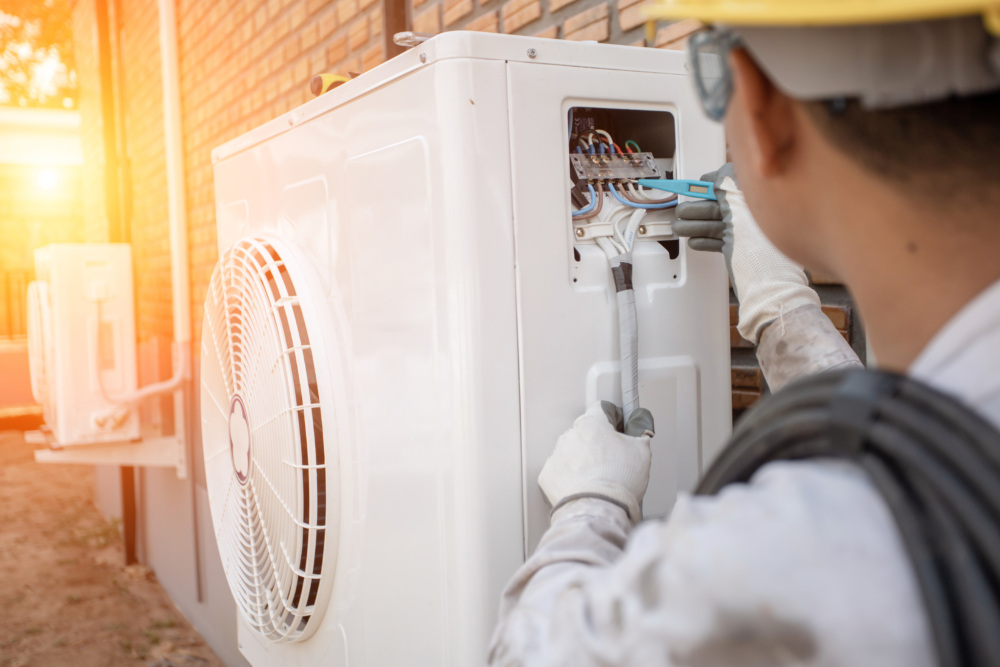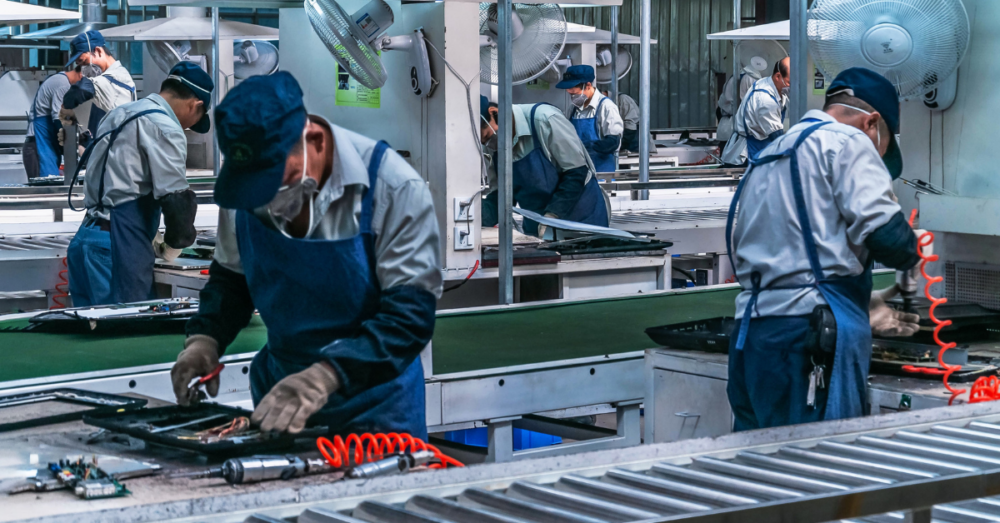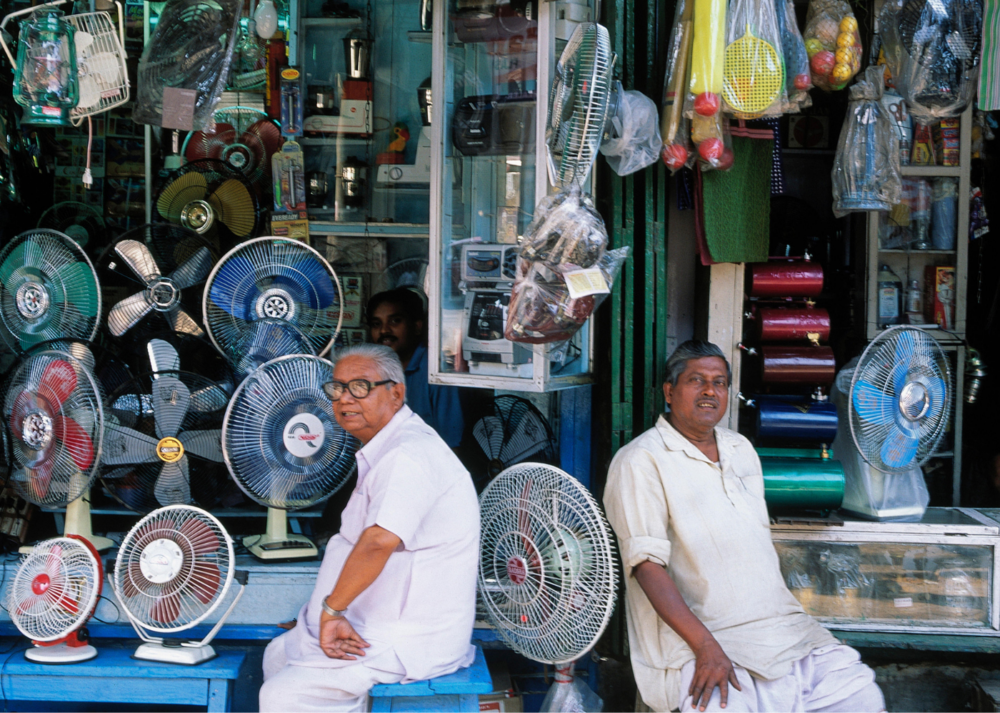CLASP Supports Policies to Improve Water Efficiency in South Africa
Over the past five years, South Africa has experienced an ongoing drought and water crisis. CLASP is supporting the South African government to introduce efficiency policies that will reduce water consumption and wastage.
South African Drought Leads to Water Crisis
South Africa, considered the 30th driest country, relies on increasingly unpredictable rainfall. Between 2015 and 2017, the country experienced a crippling drought, culminating in a severe water shortage. In 2018, the Cape Town local government announced that the city was within 90 days of running out of water, inching closer to a Day Zero scenario. On Day Zero, the government would shut down all water sources and require residents to source daily water from designated collection points.
Through strict water saving restrictions, including banning all forms of outdoor water use, such as washing cars, the local government averted Day Zero. In addition, the city increased tariffs and reduced water pressure, limiting household consumption to just 50 liters per day for all daily activities. The country still requires 17% more water by 2030 to meet growing demand. Without policies to improve water use and efficiency, the Day Zero scenario remains a stark possibility for South Africa.
Water Efficiency Policies Mitigate Day Zero Scenario
In order to reduce future water demand, South Africa is implementing a National Water and Sanitation Master Plan. CLASP is supporting the South African government to introduce water efficiency policies that will mitigate the risk of water shortages throughout the country by identifying more efficient technologies for taps and showerheads.
Implementing efficiency policies will reduce South African water use by over 1 trillion liters per year and cut energy consumption across the country. Heated water accounts for 40-50% of residential electricity use; by developing and implementing efficiency policies for taps and showerheads, South Africa will reduce energy consumption by 18 TWh per year, equivalent to 9% of national electricity use. In addition, reduced heating electricity consumption will avoid 16 MT in C02 emissions per year.
CLASP Analyzes Current Water Policies
“CLASP is conducting a gap analysis to better understand how domestic water appliances and policies compare to global best practices. The analysis includes a review and comparison of South Africa National Standards (SANS) products, installation and international standards, as well as recommendations for improved policy alignment”, said Monica Wambui, Senior Associate at CLASP.
Our team is working with a partner to test and establish a baseline of flow rates of commonly available showerheads. The team will guide the development of policies, as well as strengthen existing efficiency policies and regulations in the future. Among the considerations in the analysis is the use of the taps. The considerations will guide the best flow rate to reduce water wastage and energy consumption.
Our findings will provide government agencies and stakeholders with recommendations to make informed decisions to align and better integrate water efficiency into water appliance standards, mitigating potential future water shortages.

